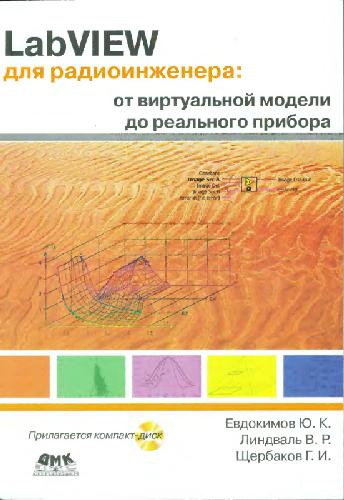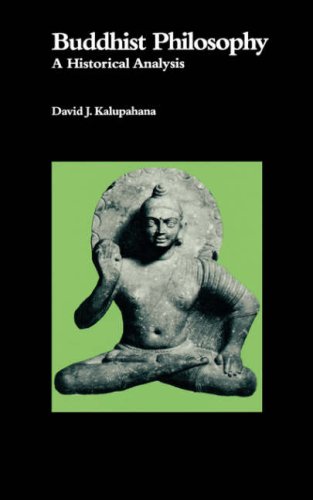- 2 402 202 книги
- Поиск
libcats.org
Over the past couple decades a quiet conceptual revolution has been taking place in various academic outposts around the world. As someone who has been away from academia for more than thirty years, I find this new multi-disciplinary way of thinking about natural resources, complexity, and the human future, to be highly exhilarating--even to the point of generating hope. This new Second Edition of Sacred Ecology brings into focus the author's own lifetime of work while also highlighting that of like-minded colleagues, many of whom Berkes has collaborated with over the years, together turning out dozens of books and learned articles, all in some way concerned with sustainability. To give an idea of the book's scope, here is a list of Berkes' academic interests (found in his curriculum vitae online). All find play in the book:
--Common property resources
--Traditional ecological knowledge
--Co-management
--Community based resource management
--Sustainable development, northern Canada
--Sustainable development, international
--Human ecology and conservation
--Ecology of living resources
--Small scale fisheries
--Resource and environmental policy
--Ecological economics
Many of the points covered in the book are complex (including complexity theory itself), but Berkes avoids the high levels of abstraction and convoluted prose common to academic writing. Here is a quote to give a sense of the book. "Adaptive Management is a good match for traditional ecological knowledge, and a potential bridge between Western and indigenous ways of knowing in the areas of ecology and resource management. It is part of the holistic tradition in Western science, not the mainstream tradition, but significant nonetheless. This holistic tradition includes systems theory, gestalt psychology, quantum physics, and ecology (Capra, 1996). Systems theory is often equated with complex adaptive systems. Fuzzy logic (not mentioned by Capra) may also be added to the list. Many of these holistic sciences are potentially suitable to provide frameworks for integrating Western and indigenous knowledge." (p 269-70).
Sacred Ecology offers a possible way out of the resource pickle we find ourselves in today, by constructing a bridge between our own failed reductuinist paradigm and one that has proven itself over time.








Sacred Ecology
Fikret BerkesOver the past couple decades a quiet conceptual revolution has been taking place in various academic outposts around the world. As someone who has been away from academia for more than thirty years, I find this new multi-disciplinary way of thinking about natural resources, complexity, and the human future, to be highly exhilarating--even to the point of generating hope. This new Second Edition of Sacred Ecology brings into focus the author's own lifetime of work while also highlighting that of like-minded colleagues, many of whom Berkes has collaborated with over the years, together turning out dozens of books and learned articles, all in some way concerned with sustainability. To give an idea of the book's scope, here is a list of Berkes' academic interests (found in his curriculum vitae online). All find play in the book:
--Common property resources
--Traditional ecological knowledge
--Co-management
--Community based resource management
--Sustainable development, northern Canada
--Sustainable development, international
--Human ecology and conservation
--Ecology of living resources
--Small scale fisheries
--Resource and environmental policy
--Ecological economics
Many of the points covered in the book are complex (including complexity theory itself), but Berkes avoids the high levels of abstraction and convoluted prose common to academic writing. Here is a quote to give a sense of the book. "Adaptive Management is a good match for traditional ecological knowledge, and a potential bridge between Western and indigenous ways of knowing in the areas of ecology and resource management. It is part of the holistic tradition in Western science, not the mainstream tradition, but significant nonetheless. This holistic tradition includes systems theory, gestalt psychology, quantum physics, and ecology (Capra, 1996). Systems theory is often equated with complex adaptive systems. Fuzzy logic (not mentioned by Capra) may also be added to the list. Many of these holistic sciences are potentially suitable to provide frameworks for integrating Western and indigenous knowledge." (p 269-70).
Sacred Ecology offers a possible way out of the resource pickle we find ourselves in today, by constructing a bridge between our own failed reductuinist paradigm and one that has proven itself over time.
EPUB | FB2 | MOBI | TXT | RTF
* Конвертация файла может нарушить форматирование оригинала. По-возможности скачивайте файл в оригинальном формате.
Популярные книги за неделю:

Система упражнений по развитию способностей человека (Практическое пособие)
Автор: Петров Аркадий НаумовичКатегория: Путь к себе
Размер книги: 818 Kb

Сотворение мира (3-х томник)
Автор: Петров Аркадий НаумовичКатегория: Путь к себе
Размер книги: 817 Kb

Introduction to Functional Programming (Prentice Hall International Series in Computing Science)
Автор: Richard Bird, Автор: Philip WadlerКатегория: Математика, Прикладная математика
Размер книги: 4.73 Mb

The Clean Coder: A Code of Conduct for Professional Programmers (Robert C. Martin Series)
Автор: Robert C. Martin
Размер книги: 6.06 Mb
Только что пользователи скачали эти книги:

LabVIEW для радиоинженера. От виртуальной модели до реального прибора
Автор: Евдокимов Ю.К. и др.
Размер книги: 7.46 Mb

Complete Digital Photography, Fourth Edition (Graphics Series)
Автор: Ben LongКатегория: Математика, Прикладная математика
Размер книги: 57.36 Mb

The Films of Federico Fellini (Cambridge Film Classics)
Автор: Peter Bondanella
Размер книги: 3.15 Mb

Buddhist Philosophy: A Historical Analysis (National Foreign Language Center Technical Reports)
Автор: David J. Kalupahana
Размер книги: 1.13 Mb



